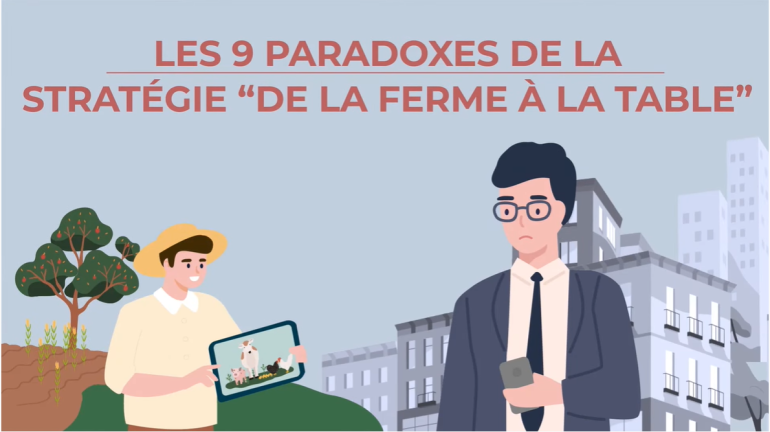Reduce consumption, consume better
Sustainable consumption with Puigrenier
We make quality our priority because we are attached to the value of things. Consuming less, consuming better, is a way to integrate sustainable consumption based on the pleasure of eating quality products.
Also, we defend a flexitarian way of consumption which allows us to balance the share of meat in our diet. In this section we would like to inform and advise you.
Limiting does not mean reducing
The WCRF (Word Cancer Research Fund) recommends limiting meat consumption to 500g per week. However, limiting does not mean reducing in the sense that the vast majority of French people have a level of consumption well below the recommendations issued by international references.

Nevertheless, it is still necessary to rely on these recommendations for a healthy and balanced diet and to know all the good points.

Meat is an important source of nutritional values that are essential for the general functioning and development of the body.
Amino acids
Meat is rich in essential protein components - amino acids - which play a key role in the constitution of the body, especially muscles.
According to Stéphane Walrand, Research Director of the Human Nutrition Laboratory at INRA in Clermont-Ferrand: 'Most vegetable patties do not contain the nine amino acids found in meat and essential for the body to make muscle, enzymes, antibodies and hormones. Vegetable proteins contain little or no key minerals, such as iron and zinc, whereas meat is an important source.
Iron and trace elements
Liron, known as haem iron, is particularly well assimilated by our body and, together with zinc or selenium, contributes to our daily requirements in terms of trace elements; meat thus contributes to our body's resistance to external aggression.
According to ANSES, "Meat is the main contributor to the iron intake of the French adult population". "Iron plays an essential role in many biological functions: respiration (constituent of haemoglobin which is involved in gas exchanges with the outside environment), muscle function (constituent of myoglobin, the muscle's oxygen reserve form) and is involved in the activity of enzymes involved in many metabolisms: mitochondrial activity (electron transport), anti-free radical defence (co-factor of catalase and peroxidases), and DNA synthesis.
Vitamins
The exclusive supply of vitamin B12, specific to animal products, as well as vitamins B3 (constitution of essential enzymatic systems) and B6 (synthesis of neurotransmitters). Vitamin B12 is necessary for the formation of red blood cells (it is anti-anemic). It is essential for cell renewal and therefore contributes to the maintenance of nerve and skin cells in good condition. A balanced consumption of meat products covers these needs.
According to ANSES, "Vitamin B12 is exclusively synthesised by bacteria and is present in foods of animal origin, bound to proteins. Vegetable food sources are naturally devoid of bioavailable vitamin B12: according to the INCA2 survey, the main vitamin B12 contributors for French adults are offal (20.1%6 ), meat (15.9%), fish (14.4%), cheese (7%) and poultry and game (5%)'.
With the 21st century, lifestyles are changing and multiplying, around concerns shared by many French people who want to live better, consume better and eat better. When it comes to food, the French agree that they want to pass on to future generations two values that are essential to them: first, they want to eat a balanced and varied diet, but they also want to consume quality products that come from local and sustainable sources. These new eating habits of the French, who increasingly favour responsible eating, have given rise to a lifestyle: flexitarianism.
- Be flexible, eat consciously and enjoy your food without guilt;
- Choisir librement ses aliments pour son plaisir, sa santé et sa quête d'équilibre;
- To be an informed consumer who eats both animal and plant foods;
- Be a fan of vegetables and legumes, but also a fan of meat, in the right amount.
Puigrenier's model is in line with this sustainable logic by offering you quality products and providing you with all the information you need to make the right choices.



